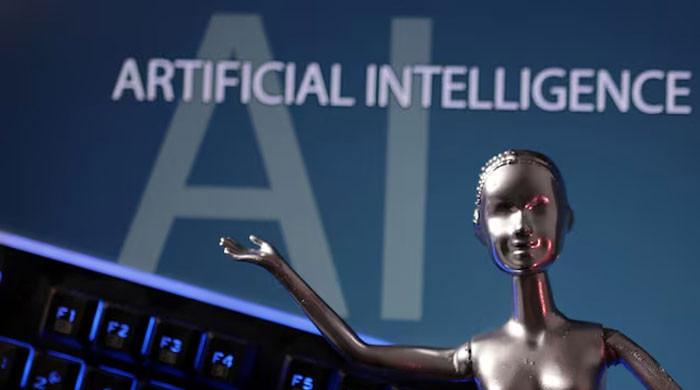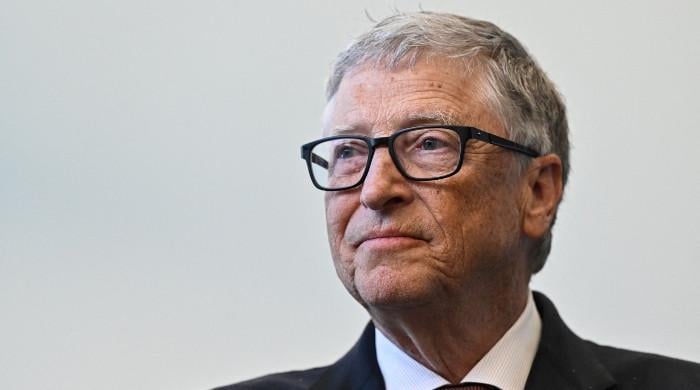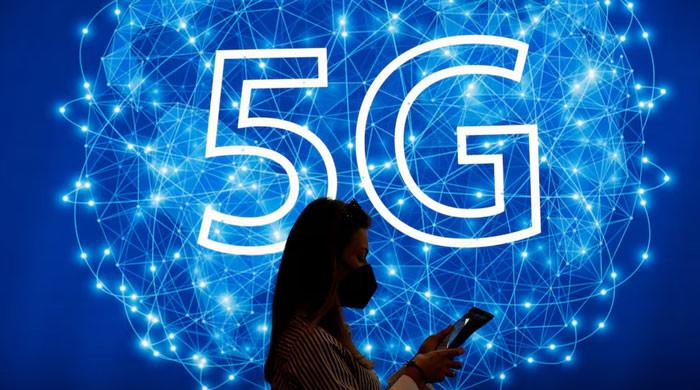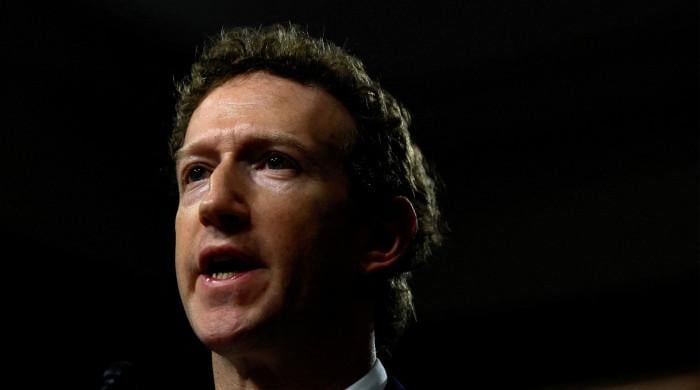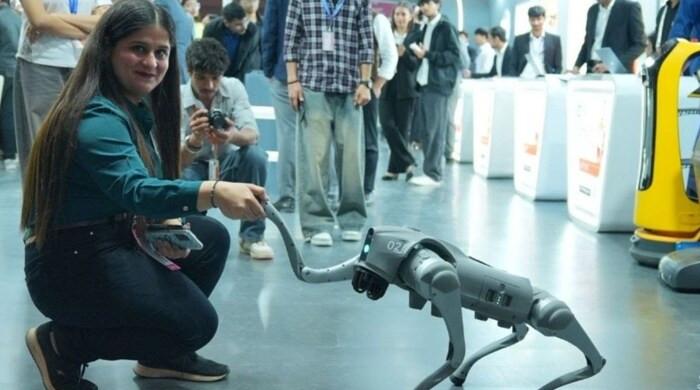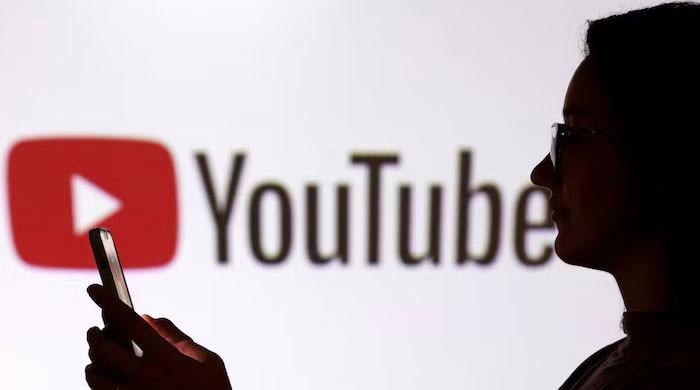OpenAI CEO warns of looming AI-driven fraud crisis
Sam Altman says he is alarmed that some financial institutions still rely on voiceprints for authentication
July 24, 2025
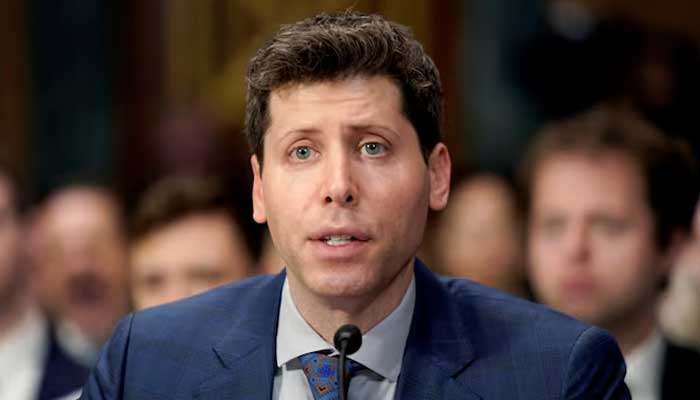
OpenAI CEO Sam Altman has expressed serious concern over how artificial intelligence is rapidly undermining traditional methods of identity verification, particularly in financial and security systems.
Speaking about the evolving threat landscape, Altman said he is alarmed that some financial institutions still rely on voiceprints for authentication — a method he believes has already been rendered ineffective by the capabilities of AI.
“One thing that terrifies me is that some banks still accept voiceprints to verify identity," he said. "AI has completely broken that method.” Altman explained that while passwords still offer some level of security, most modern, more convenient forms of authentication — like voice recognition or facial selfies — are no longer reliable in an era of powerful generative AI tools.
He warned of an impending wave of fraud, as AI tools capable of mimicking human voices and appearances become more accessible and sophisticated. "We've tried, and others in the tech community have also tried, to alert people. A bad actor could easily use these tools. It’s not hard to do, and it’s coming very soon," Altman said.
He pointed to recent incidents involving ransom scams where criminals use AI-generated voices of a victim’s loved ones — such as a child or parent — to create urgent, believable scenarios over the phone. These tactics, Altman warned, are about to become even more convincing with the introduction of AI-generated video calls that are nearly impossible to distinguish from real ones.
“This is going to become so convincing that society needs to fundamentally rethink how we authenticate people," he stressed. "Soon, a simple voice call or even a FaceTime might not be trustworthy. We need to prepare people for a world where traditional ways of verifying identity no longer work. The impact of this on fraud and security is massive.





